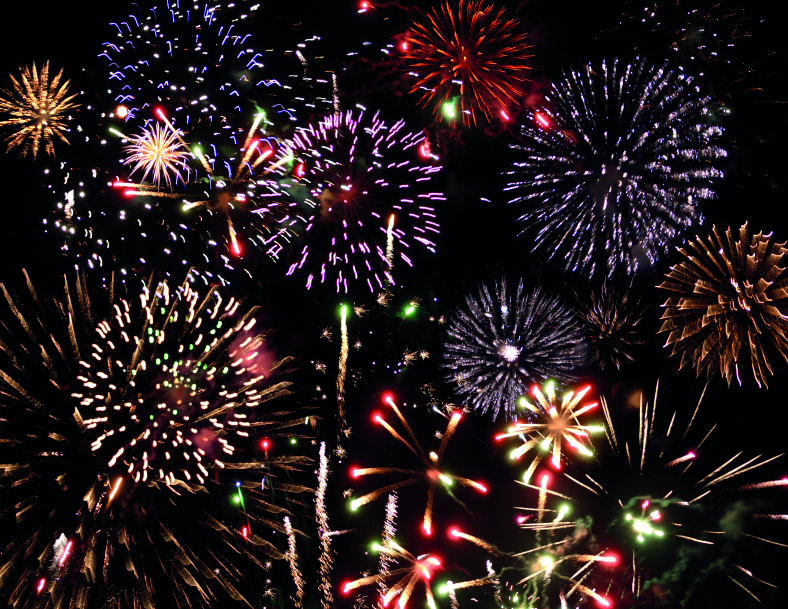
Every year pet owners of dogs, cats and other small animals will be forced to seek help because their animal has been traumatised by exposure to firework noise. Use of the word trauma may seem excessive but in my work I see animals that suffer debilitating noise phobia, sometimes after only one exposure to very loud fireworks or thunder noise. The saddest part is that fear of loud noises can generalise very quickly to anything that vaguely reminds the animal of the first scary event. These pets go on to require medication and extensive behaviour treatment. The animals suffer greatly and some harm themselves or run away in efforts to escape the noise.
The key issue is predictability. Forethought and widespread communication by licensed organisers of fireworks events enables pet owners to prepare well in advance- the Blue Cross advises owners of young animals and older animals with a known noise phobia to seek veterinary advice 6-12 weeks before firework season begins.
The greatest problem is the impromptu back garden fireworks show and, of course, irresponsible sale of fireworks. Neighbours should think carefully and find a way to alert the wider community if they are contemplating mounting a fireworks display outside the usual fireworks season.
Only a proportion of pets are genetically noise sensitive and many will never show the same panic response to noise in the way afflicted animals do. However, where young animals are concerned it is best to prepare well and assume the worst. It is not always clear which young animals go on to develop noise sensitivity. Be warned, older animals can experience changes in hearing and sight and for the first time develop a panic response to a range of loud noises.
Here is a quick and basic guide to preparing for fireworks season for any pet owner. For more information see advice by the Blue Cross.
KNOW THE LAW
No fireworks between 11pm and 7am other than by licensed organisations; it is illegal for anyone under 18 to own or handle fireworks; unlicensed retailers can only sell fireworks from 15 October to 10 November and 26 to 31 December; it is an offence to cause unnecessary suffering to any domestic or captive animal.
VET
Visit your vet now and ensure you have their recommended calming products or medication to hand. ‘Thunder- shirts’ can help some dogs relax.
MICROCHIP
Ensure cats and dogs are microchipped so they can be identified if they bolt and escape during a fireworks episode.
BEHAVIOURIST
If you know your animal has a major problem with noise seek qualified help 6 months or more before fireworks season. Seek guidance on noise desensitisation.
DENS
Provide dens and hiding places inside the home, with blankets and similar to block out noise.
PET CURFEW
Walk your dog in daylight. Keep all animals inside before dusk. Lock cat and dog flaps.
SOUNDPROOFING THE HOME
Before fireworks events shut curtains and blinds, turn houselights on, have the TV or radio on.
STAY CALM
If your pet looks terrified you can cuddle or stroke them if they come to you but don’t pursue them to comfort them and don’t over soothe them as this can communicate to the animal that you are also scared. Allow your pet to hide, pace around or vocalise if they need to. Try to normalise the situation. If your pet is only slightly concerned you can try distraction, play a favourite game, look happy! Do praise your pet if they are calm.
EXTREME REACTIONS
If your pet has a first time extreme reaction- panting, shaking, drooling, howling, trying to escape, you need to see your vet and seek expert help as soon as possible. It is likely your pet will need medication.
Leonie St Clair www.londondogstraining.co.uk

